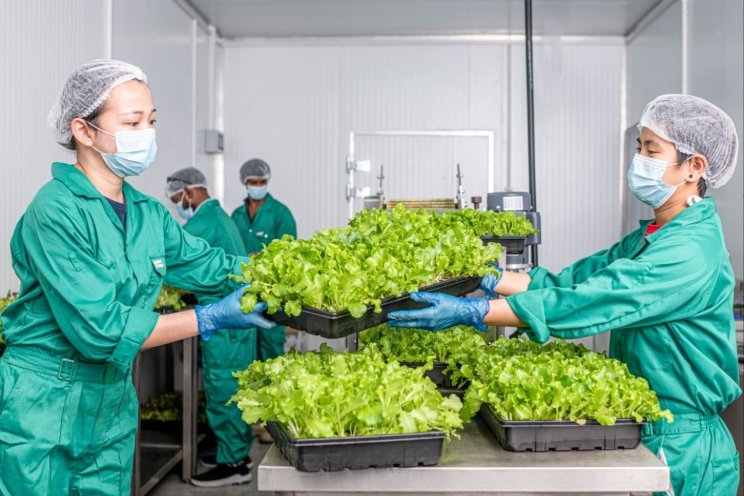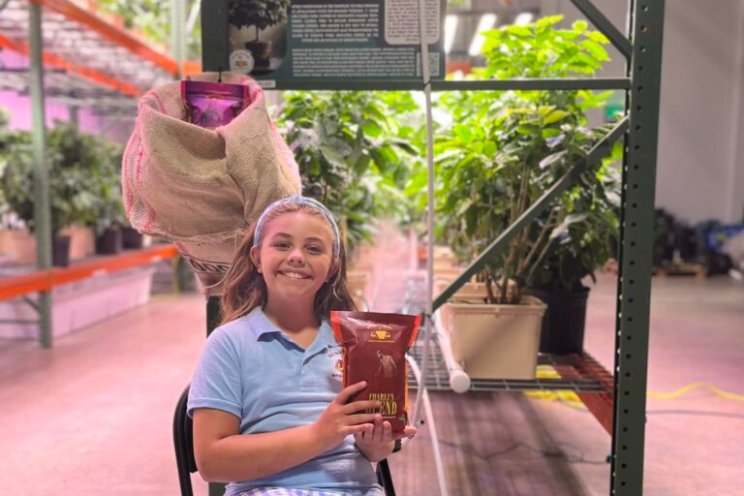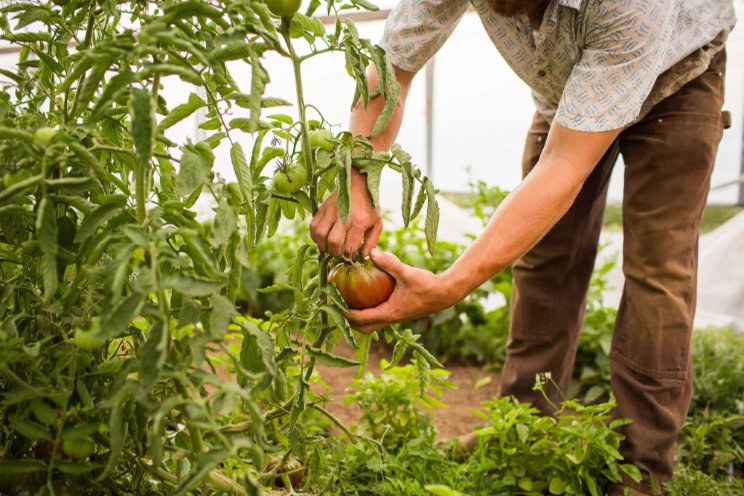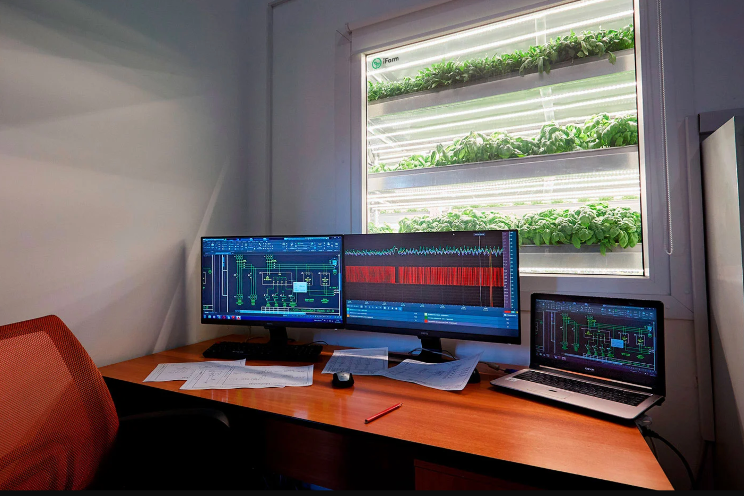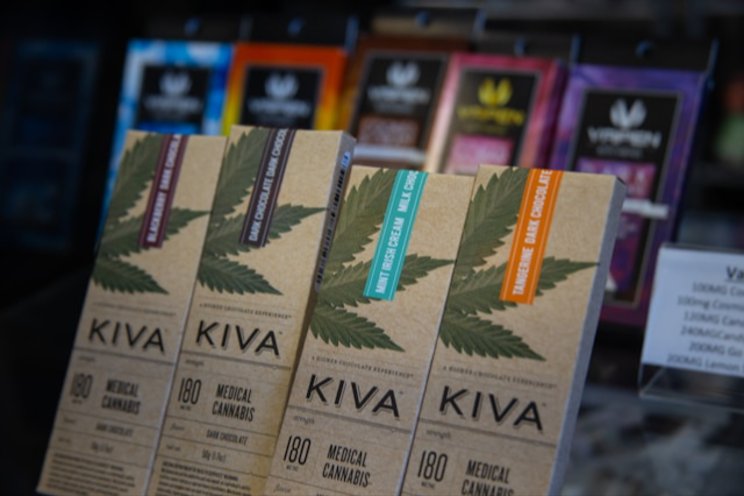New sustainable packaging for Macrolophus predators
Added on 28 November 2021
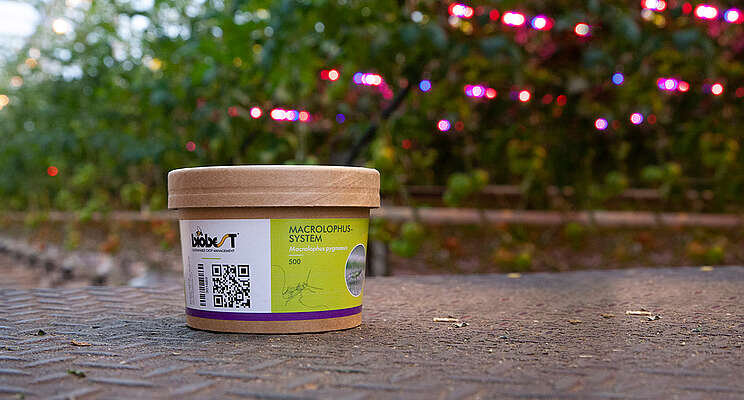
As part of its continuous product improvement programme, Biobest has recently launched sustainable packaging for its Macrolophus-System. The original plastic bottle, containing vermiculite carrier, has been replaced with a 100% biodegradable cardboard carton with removable lid.
The carton contains honeycomb paper - which helps protect the sensitive, delicate-winged mirid bug, which likes to hide - plus a gel formulation providing water for the adult predators during transport.
Trials programme
In the Belgium trial, led by Rob Moerkens, Macrolophus was introduced at a rate of 1.6/m2. Predators supplied in the new packaging were released along full rows. Predators supplied in the old packaging format were distributed using their cardboard Bio-Boxes. The trial was replicated, with four plots in total.
To aid predator establishment, Artemac™ - the shrimp-based food source - was introduced weekly to full rows at a rate of 0.5kg/ha.
In the trial in the Netherlands, led by Gert-Jan de Vast, two separate introductions of Macrolophus were made in a commercial tomato crop at a rate of 1 predator/m2. Once again, Macrolophus was supplied either in their new sustainable packaging and released in full rows, or in the old packaging and released into Bio-Boxes.
For the next two weeks the plant-based feed supplement Nutrimac™ was introduced to full rows at a rate of 0.3 kg/ha. Over the subsequent six weeks, Artemac™ was distributed full row and three rows either side at 0.5 kg/ha.
Macrolophus-System rates more than double
The results from both trials consistently showed the mean number of Macrolophus per plant where predators had been supplied in the 'new packaging' were significantly improved compared to the 'old packaging' and original release system.
In the Belgium trial, the mean Macrolophus numbers per plant for the new packaging and release system were more than double that of the old packaging and Bio-Boxes.
Click here to read more.
Photo Courtesy of Biobest Group
Source: Biobest Group
More news

